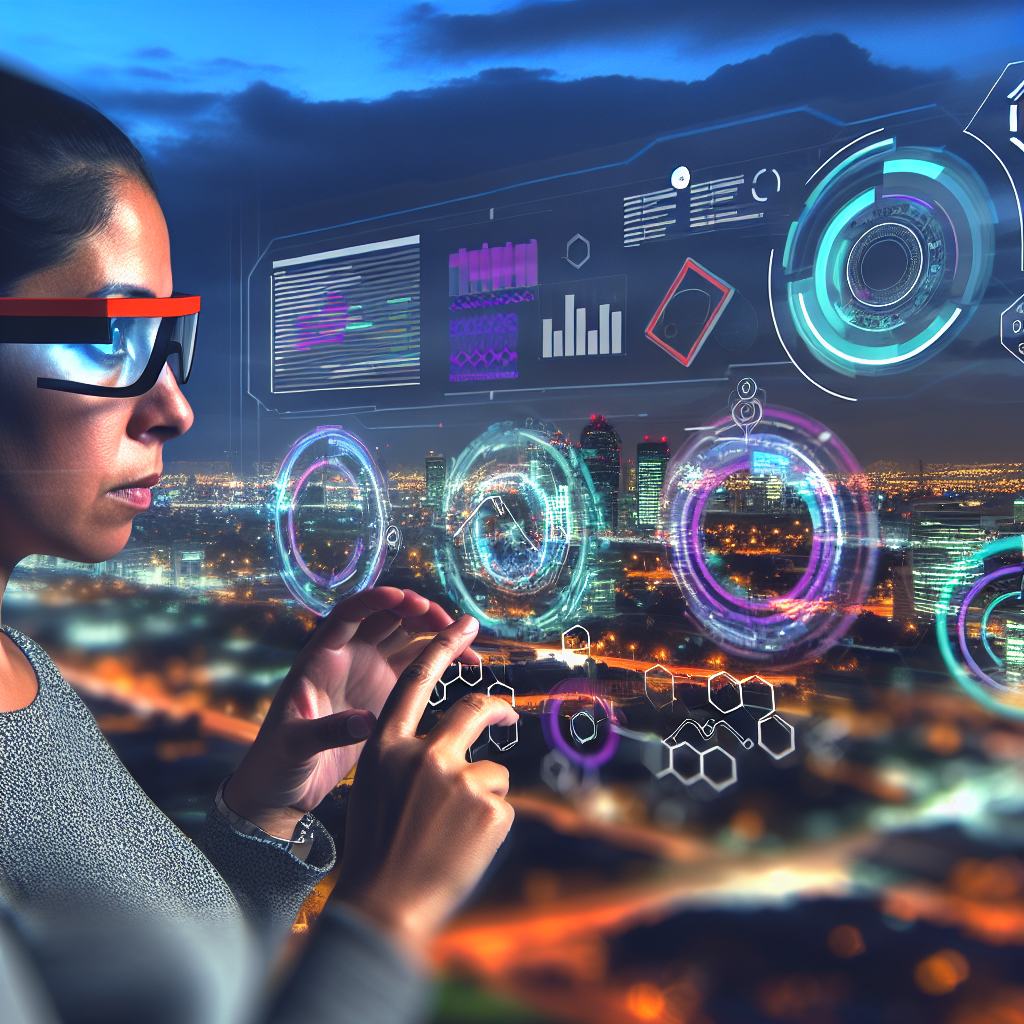How AI Is Transforming SEO: What CMOs Need to Know Now
Published on: [Insert Date]
Author: [Your Name or Brand]
How AI Is Transforming SEO: What CMOs Need to Know Now
The AI Revolution in SEO: A Strategic Imperative for CMOs
In today’s fast-paced digital landscape, artificial intelligence (AI) is more than just a buzzword—it’s revolutionizing industries across the board, and search engine optimization (SEO) is no exception. For Chief Marketing Officers (CMOs) and senior-level marketers, understanding how AI is transforming SEO isn’t optional—it’s a strategic imperative. The integration of AI into SEO isn’t happening in a vacuum. From search engines deploying machine learning algorithms to brands leveraging AI-powered tools for content optimization, the entire digital marketing ecosystem is evolving at a rapid pace.
Traditional SEO strategies, while still foundational, no longer suffice in isolation. Google’s algorithm updates—most notably BERT and the more recent MUM (Multitask Unified Model)—have significantly shifted how search engines interpret context and user intent. These models use deep learning to understand natural language with a complexity that mirrors human communication. As a result, marketers can no longer rely solely on keyword stuffing, backlinks, and meta descriptions. Instead, they must adapt to a search environment that prioritizes semantic search, user experience, and AI-informed content relevance.
Inside the Tech: Key Features & Studies Shaping AI-Driven SEO
The transformational role of AI in SEO is supported by emerging research and advances in machine learning, natural language processing (NLP), and data analytics. Among the most influential technological changes is Google’s BERT (Bidirectional Encoder Representations from Transformers), launched in 2019. BERT allows the Google algorithm to understand language more nuancedly by analyzing the relationship between words in a sentence rather than simply processing queries word by word. According to Google, BERT impacts 10% of all English-language queries—ushering in a new era of user intent-focused search. (Source)
Continuing the trend, Google MUM takes it several steps further. Introduced in 2021, MUM is 1,000 times more powerful than BERT and is trained across 75 languages to understand and generate language. MUM can analyze text, images, and in the future, video and audio to understand complex queries like a human expert. (Source) For CMOs, these developments underscore the importance of developing SEO strategies that emphasize semantic search, user behavior analysis, and AI-optimized content structuring.
The academic research also backs the rising influence of AI in marketing disciplines. A 2020 study published in the Journal of Business Research noted that AI enhances customer engagement and marketing productivity by enabling personalized communications and experiences at scale. (Source) These capabilities extend directly to SEO: AI-powered personalization tools can modify on-site content dynamically based on user intent, historical behavior, and SERP interactions, which improves dwell time, engagement, and overall search rankings.
Another supporting study published by Deloitte emphasizes that early adopters of AI-driven marketing strategies experience significant customer experience improvements and ROI uplift. (Source) AI allows for deep content intelligence—analyzing not just keywords but vertical performance, topic relevance, and even sentiment analysis.
The emergence of AI-based SEO platforms like MarketMuse, Clearscope, and Surfer SEO provides machine-gathered data and content recommendations that are tailor-made for top search performance. These platforms leverage machine learning models to identify content gaps, suggest keywords based on relevance rather than volume alone, and even predict the likelihood of top-ranking against competitor content.
The Bottom Line: AI-Driven SEO Is the Future of Digital Leadership
AI is not simply reshaping SEO—it is redefining it. CMOs must move beyond traditional SEO playbooks and embrace a world where machine learning, NLP, and predictive insights guide content strategies. Adopting AI-powered tools isn’t a luxury; it’s essential to staying relevant in an increasingly intelligent search environment. By aligning AI capabilities with targeted SEO goals, leadership teams can unlock performance gains, deepen customer engagement, and future-proof their digital strategies. The businesses that adapt quickly to these advancements won’t just compete—they will lead the next generation of search-driven growth.
Concise Summary:
Artificial intelligence (AI) is revolutionizing the field of search engine optimization (SEO), transforming how marketers approach content strategies, user intent, and search performance. CMOs must understand the impact of AI-powered tools, algorithms like BERT and MUM, and the importance of embracing an AI-driven approach to stay competitive in the evolving search landscape.
References:
[1] Google Blog – BERT Explained
[2] Google Blog – Introducing MUM
[3] Journal of Business Research – Artificial Intelligence in Marketing
[4] Deloitte Insights – AI in Marketing
[5] SEJ – AI’s Impact on SEO
[6] MarketMuse SEO Content Platform
[7] Clearscope Content Optimization
[8] Surfer SEO

Dominic E. is a passionate filmmaker navigating the exciting intersection of art and science. By day, he delves into the complexities of the human body as a full-time medical writer, meticulously translating intricate medical concepts into accessible and engaging narratives. By night, he explores the boundless realm of cinematic storytelling, crafting narratives that evoke emotion and challenge perspectives.
Film Student and Full-time Medical Writer for ContentVendor.com
